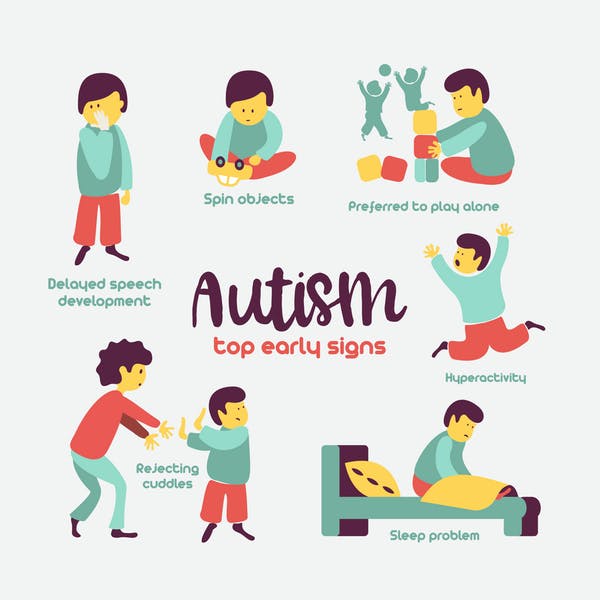For many young adults with special needs, employment is the next step after high school. Local organizations are successfully training them for a host of job opportunities.
“Our philosophy is there is no disability too severe to be placed in competitive employment,” says Maggie Haag, program director for Devereux Community Services Adult Programs in Strafford, PA.
Agencies work within a wide range of disabilities, helping everyone from a severely disabled, nonverbal individual become a successful restaurant dishwasher to assisting a young man with Asperger syndrome found a computer company. The length of training varies greatly by and is customized to the individual’s particular abilities and needs.
“Some of our students with average or above-average intellect don’t need as much training on specific job skills, but they may lose their temper or not behave appropriately. Their training is more socially and behaviorally focused,” explains Susan Kroungold of Elwyn, which provides such services in the tristate region.
Job placement for seekers with special needs
Applicants have the most success when they are placed in jobs that interest them, says TaraColleen Macatee, PsyD, of Kaleidoscope Family Solutions in Bryn Mawr, PA. Agencies assess each individual’s strengths, needs, likes and dislikes to determine what kind of job he may succeed in and enjoy. Many agencies conduct situational assessments to allow the job-seeker to sample different opportunities and workplaces.
“Sometimes people say they like animals, but when we take them to the SPCA they can’t work with the animals,” says Macatee. Instead, they might discover they enjoy sorting mail at a realty or organizing clothes at T.J. Maxx.
On-the-job training for employees with special needs
Once a match is made, an agency rep approaches local businesses to see if there is a need the individual can fill.
“When we meet with employers they tend to want to help. They are often willing to create a position even if they don’t have one,” says Haag. “Most of the jobs are part-time, which is what most of our people want.”
Once applicants are placed, job coaches accompany them on-site to help them learn their duties and navigate the work environment. After the job is learned, the coach offers ongoing visits and support.
Judy Weinstein, MD, frequently hosts job coaches and their protégés at her craft boutique, Jubili Beads and Yarns in Collingswood, NJ. Over the years, Weinstein has hired physically and mentally disabled workers for a variety of tasks (pictured above) — everything from weighing inventory to stringing jewelry for the concert tour of 6-year-old Britain’s Got Talent winner Connie Talbot.
“With guidance, we are able to find the right kind of job at a level they are comfortable with,” she says. To do that more effectively, she has formed Jubilation Creations, a 501(c)3 nonprofit, and is close to securing state certification to provide her own vocational training program for individuals with special needs interested in creative work. “There’s almost no end to what we can do,” she says.
Susan Stopper is a frequent contributor to MetroKids.






